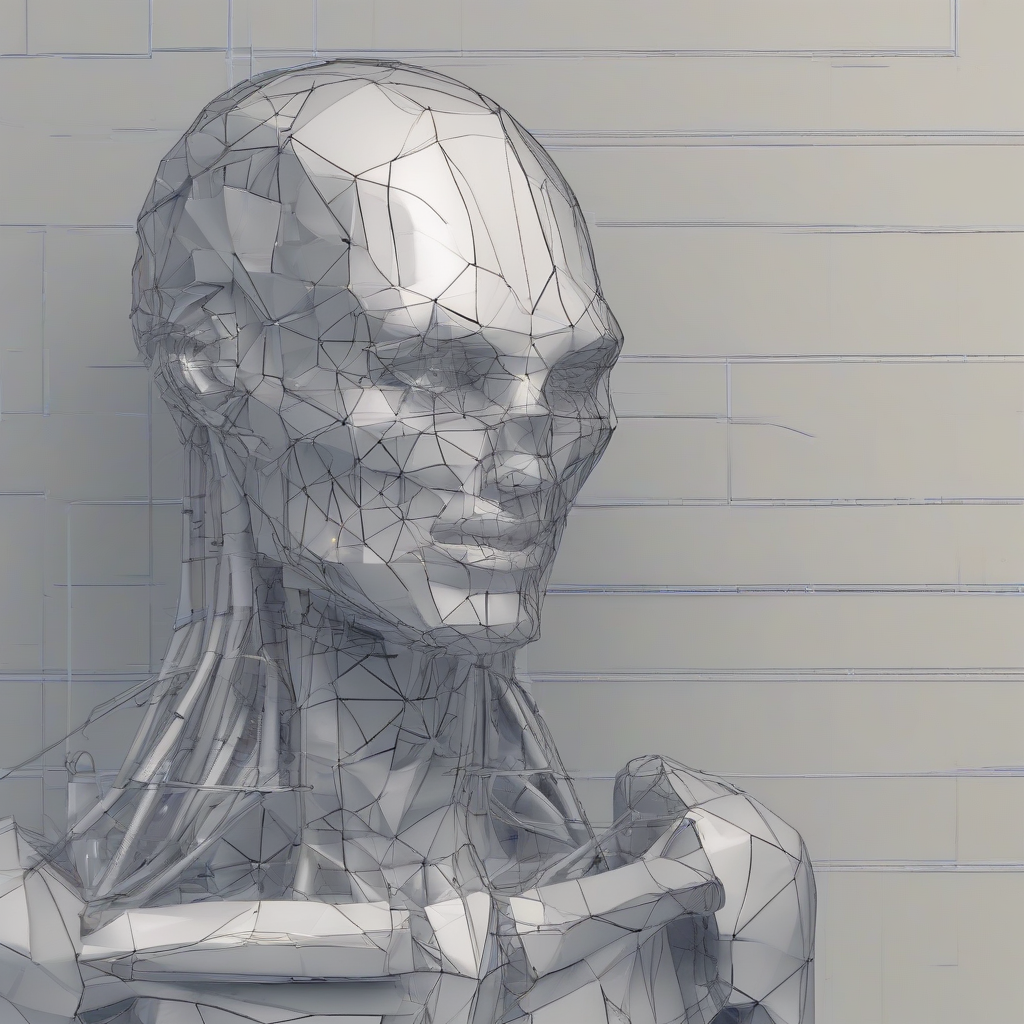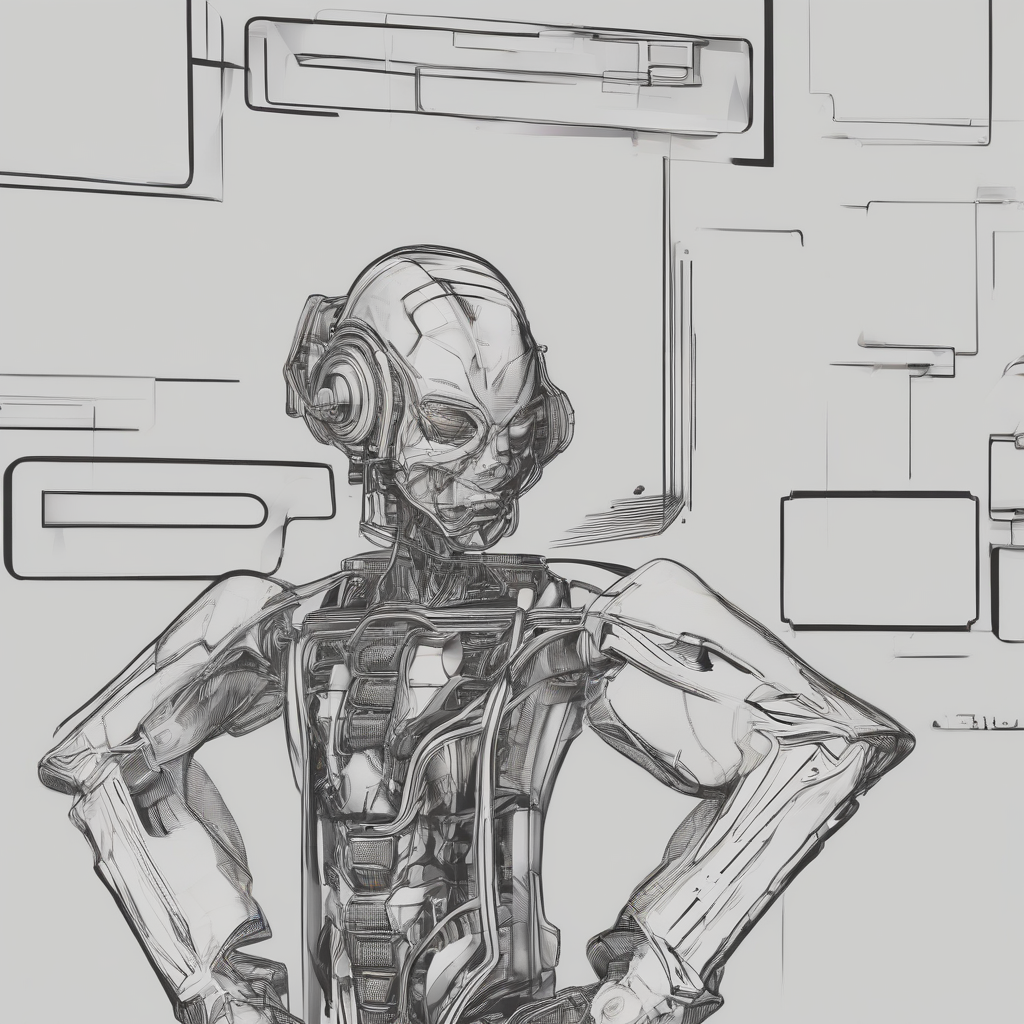Laws for Traumatic Brain Injury: Protecting Victims and Ensuring Justice
Traumatic brain injury (TBI) is a serious and often debilitating condition that can have a profound impact on an individual’s life. Victims of TBI often face significant challenges in recovering and navigating the legal system to obtain compensation for their injuries. This article will provide a comprehensive overview of the laws related to TBI, exploring the various legal protections and resources available to victims.
Understanding Traumatic Brain Injury
Traumatic brain injury occurs when an external force causes damage to the brain. This damage can range from mild concussions to severe, life-threatening injuries. TBI can result from a variety of causes, including:
- Car accidents
- Falls
- Sports injuries
- Assaults
- Military combat
The severity of a TBI can vary widely, and the effects can be long-lasting and unpredictable. Some common symptoms of TBI include:
- Headache
- Dizziness
- Memory problems
- Confusion
- Cognitive impairment
- Mood swings
- Personality changes
The impact of a TBI can extend far beyond the individual victim, affecting their family, friends, and community. The legal system plays a crucial role in protecting the rights of TBI victims and ensuring that they receive the care and support they need.
Legal Protections for TBI Victims
Several laws and regulations are in place to protect individuals who have sustained a TBI. These laws address various aspects of TBI, including:
1. Personal Injury Lawsuits
If a TBI is caused by the negligence or wrongful conduct of another party, the victim may have a legal claim for personal injury damages. These claims typically involve proving:
- Duty of Care: The defendant owed a duty of care to the plaintiff.
- Breach of Duty: The defendant breached that duty of care by acting negligently or recklessly.
- Causation: The defendant’s breach of duty was a direct cause of the plaintiff’s injuries.
- Damages: The plaintiff suffered actual damages as a result of the injuries.
Damages in a personal injury lawsuit for TBI can include:
- Medical Expenses: Past and future medical bills, including hospital stays, rehabilitation, therapy, and medication.
- Lost Wages: Past and future lost earnings due to the inability to work.
- Pain and Suffering: Compensation for physical pain, emotional distress, and mental anguish.
- Loss of Consortium: Compensation to a spouse for the loss of companionship, intimacy, and support.
2. Workers’ Compensation
If a TBI occurs in the workplace, the injured worker may be eligible for workers’ compensation benefits. Workers’ compensation laws are designed to provide employees with medical treatment, wage replacement, and other benefits for work-related injuries.
To qualify for workers’ compensation benefits, the employee must prove that the TBI arose out of and in the course of their employment. This includes injuries that occur while performing job duties, commuting to and from work, and participating in work-related activities.
3. Disability Benefits
Individuals with TBI may qualify for disability benefits from the Social Security Administration (SSA) if their injuries prevent them from working. To be eligible for disability benefits, the TBI must be severe enough to meet the SSA’s definition of disability. The SSA’s definition of disability requires that the individual be unable to engage in any substantial gainful activity due to their medical condition.
4. Special Education Services
Children with TBI may require special education services to help them succeed in school. The Individuals with Disabilities Education Act (IDEA) requires public schools to provide a free and appropriate public education (FAPE) to all children with disabilities, including those with TBI.
Under IDEA, children with TBI are entitled to an individualized education program (IEP) that is tailored to their unique needs. The IEP may include accommodations, therapies, assistive technology, and other supports that help the child overcome the challenges posed by their TBI.
Challenges Faced by TBI Victims
While legal protections are in place to help TBI victims, they often face a number of challenges in navigating the legal system and obtaining the compensation they deserve:
1. Proving Causation
One of the biggest challenges in TBI cases is proving causation. The injury may not be immediately apparent, and symptoms can take time to develop. This can make it difficult to establish a direct link between the alleged negligence or wrongful conduct and the TBI.
2. Diagnosing and Evaluating TBI
Diagnosing and evaluating TBI can be complex and require specialized medical expertise. TBI can manifest in a variety of ways, and symptoms can overlap with other conditions. This can make it difficult to accurately diagnose the extent of the injury and its long-term effects.
3. Determining the Full Extent of Damages
The full extent of damages in a TBI case can be difficult to determine, as the effects of the injury may continue to evolve over time. This can make it challenging to accurately calculate the value of future medical expenses, lost wages, and other damages.
4. Legal Complexity
TBI cases often involve complex legal issues, such as the application of specific statutes, the admissibility of medical evidence, and the calculation of damages. Navigating these legal complexities can be overwhelming for TBI victims, who may be struggling with cognitive impairments, memory problems, and other challenges.
5. Access to Legal Representation
Finding qualified legal representation is crucial for TBI victims, as they need attorneys who have experience handling complex TBI cases. However, access to legal representation can be a challenge, especially for victims with limited financial resources.
Tips for TBI Victims
Here are some tips for TBI victims seeking legal help and protection:
1. Seek Medical Attention Immediately
It is essential to seek medical attention immediately after any head injury. A prompt diagnosis and treatment can help prevent long-term complications and improve the chances of a full recovery.
2. Document Everything
Keep detailed records of all medical treatments, expenses, and symptoms. This documentation will be essential in supporting any legal claims.
3. Consult with an Attorney
Consult with an attorney who specializes in TBI cases to discuss your legal rights and options. An attorney can help you understand the complexities of the legal system and navigate the process of filing a claim or lawsuit.
4. Consider Advocacy Groups
Seek support from advocacy groups that specialize in TBI, such as the Brain Injury Association of America (BIAA). These organizations can provide valuable information, resources, and support to TBI victims and their families.
5. Be Persistent
The legal process for TBI claims can be lengthy and complex. Be persistent in pursuing your rights and seeking the compensation you deserve. Do not be afraid to advocate for yourself and your needs.
Conclusion
TBI is a serious and life-altering condition that requires specialized legal expertise to ensure victims receive the protection and compensation they need. By understanding the laws related to TBI, victims can take steps to protect their rights and seek justice for their injuries. With the help of qualified legal counsel and supportive resources, TBI victims can navigate the legal system and work toward a brighter future.








